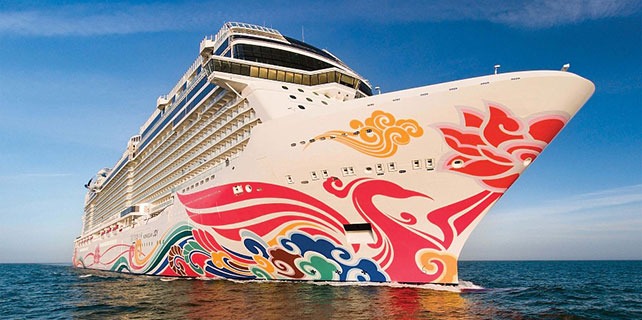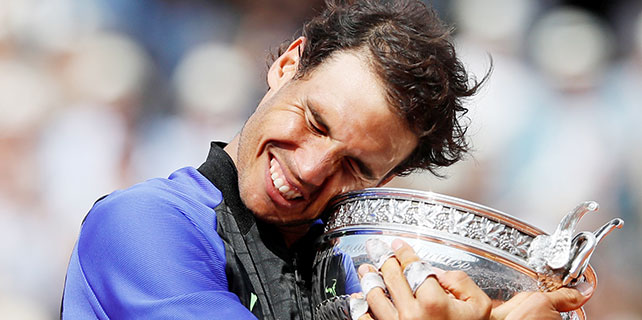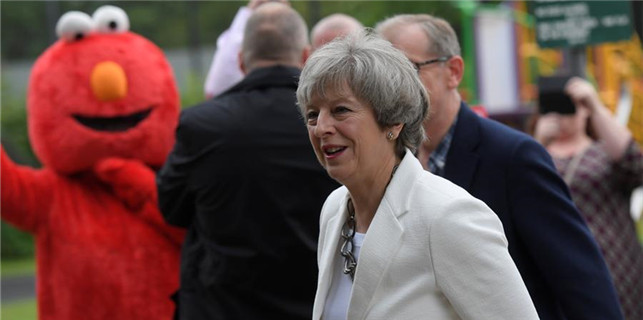Irish PM expresses concern over May's proposed DUP deal
DUBLIN - Irish Taoiseach (Prime Minister) Enda Kenny on Sunday expressed concern over a proposed deal between Theresa May's Conservative Party and the Democratic Unionist Party (DUP) in Northern Ireland, saying that the deal could pose a challenge to the peace process.
In a phone conversation with British Prime Minister May, Kenny discussed the outcome of the recent British general election with his British counterpart, and the British prime minister outlined the proposed supply and confidence arrangement between her party and the DUP, according to a statement from the Irish government.
"The taoiseach indicated his concern that nothing should happen to put the Good Friday Agreement at risk and the challenge that this agreement will bring," the government statement said.
The Good Friday Agreement or Belfast Agreement, was a major political development in the Northern Ireland peace process of the 1990s. The agreement is made up of two inter-related documents, both agreed in Belfast on Good Friday, April 10, 1998.
On Saturday, a controversial working relationship between the British Conservatives and the North Ireland Democratic Unionist Party (DUP) was agreed in principle. The so-called supply and confidence deal, aimed at keeping Prime Minister May in power at 10 Downing Street, came under immediate attack.
The Conservatives won 318 seats, not enough for a majority in the Commons, but buoyed by the 10 DUP MPs. It would give May a working majority. A confidence and supply deal falls short of a full coalition arrangement, but it means May would have enough votes to carry major issues in the Commons.
The government statement said both leaders "agreed that of immediate concern were efforts to establish an executive as soon as possible, with exploratory discussions with the Northern Ireland parties to take place tomorrow."
According to the government statement, Kenny told May that there should be an early meeting between the British prime minister and his successor Leo Varadkar.
On June 2, Varadkar was elected as leader of the Fine Gael Party (United Ireland Party), the country's biggest political party. It is expected that he will be appointed as taoiseach next week following the approval of Dail Eireann, lower house of Irish parliament.









